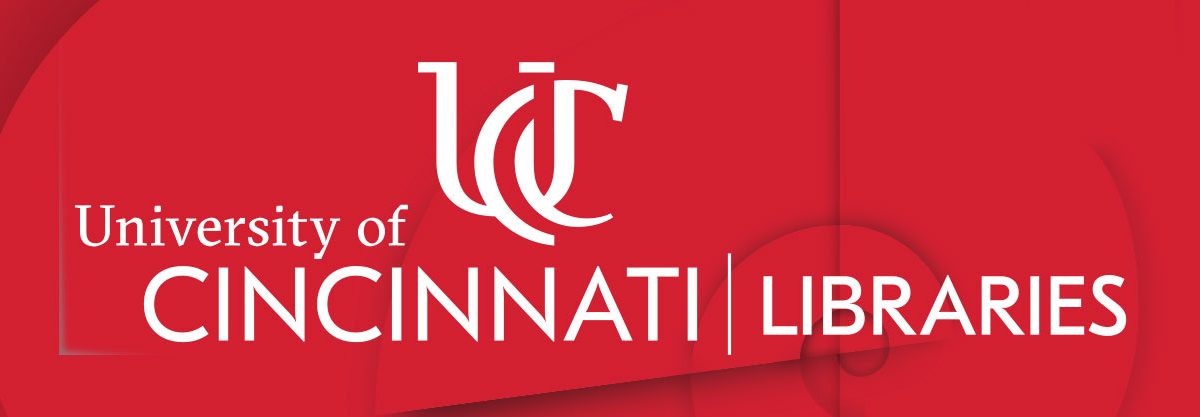
Welcome back from Spring Break! While all library physical locations are closed, the University of Cincinnati Libraries remains open online and ready to support teaching, learning and research.
During this time of social isolation, libraries play an important role as a provider of resources and information expertise. UC Libraries’ online presence provides access to the services, resources and people to enable research and scholarly work.
Today, we are pleased to launch a new, specially designed landing page – https://libraries.uc.edu/online.html. This page serves as a portal to access key online library resources such as databases, e-journals and research guides, as well as to free information resources from global cultural and heritage organizations. Users can ask reference or research questions through Chat, e-mail or direct contact to a subject librarian or staff member. The page also offers direct search of the library catalog, and links to key online services such as Interlibrary Loan to request e-resources and how to connect from off campus. We will update this portal page as we continue to transform many of our services into the online environment.
As the library locations remain closed, users are encouraged to keep all library materials. Due dates have been extended and fines will not be incurred for UC, OhioLINK or Interlibrary Loan items. Please do not leave items outside of the library.
The University of Cincinnati Libraries continue to work toward our mission to empower discovery, stimulate learning and inspire the creation of knowledge by connecting students, faculty, researchers and scholars to dynamic data, information and resources.
Take care and stay well. We look forward to the day when we can work with you all in person again, but in the meantime, please work with UC Libraries online.
Xuemao Wang,
Vice Provost for Digital Scholarship and Dean and University Librarian
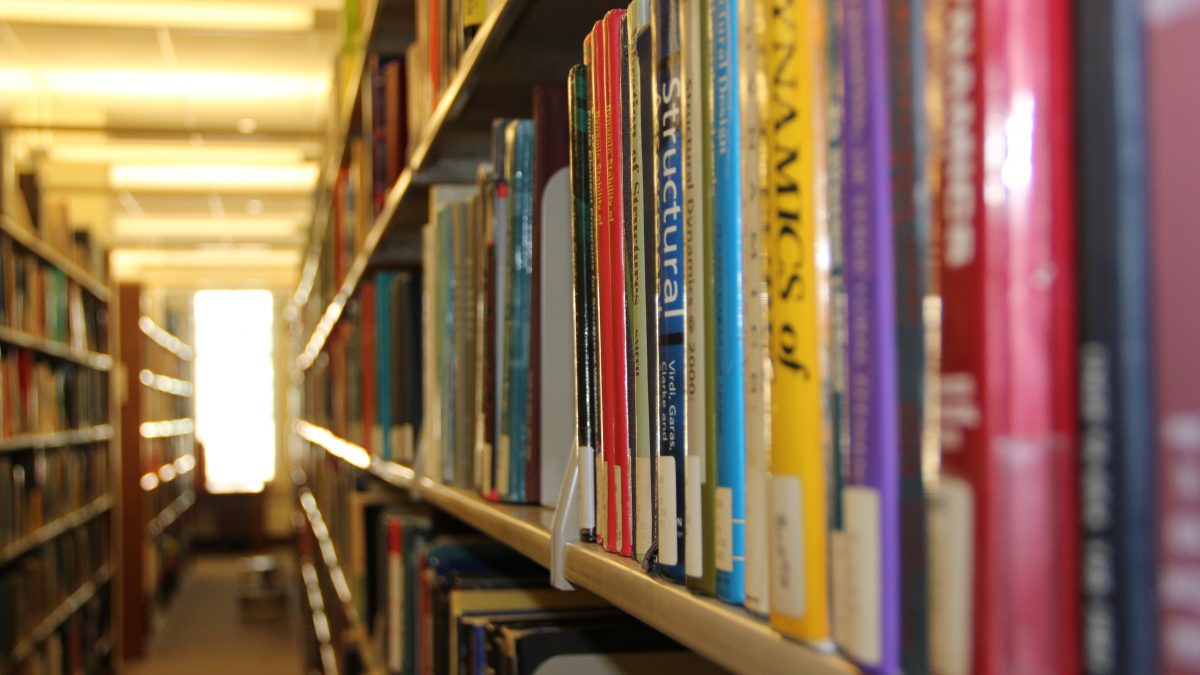 While all UC Libraries’ physical locations remain closed until further notice, we are finalizing plans to provide users with access to print collection materials in order to support UC teaching and research.
While all UC Libraries’ physical locations remain closed until further notice, we are finalizing plans to provide users with access to print collection materials in order to support UC teaching and research.
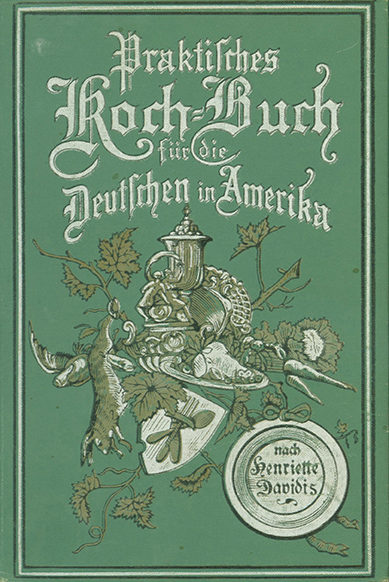
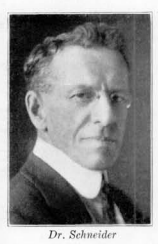 The
The 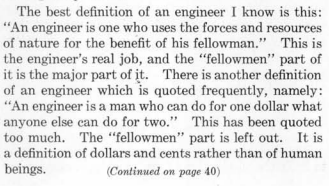
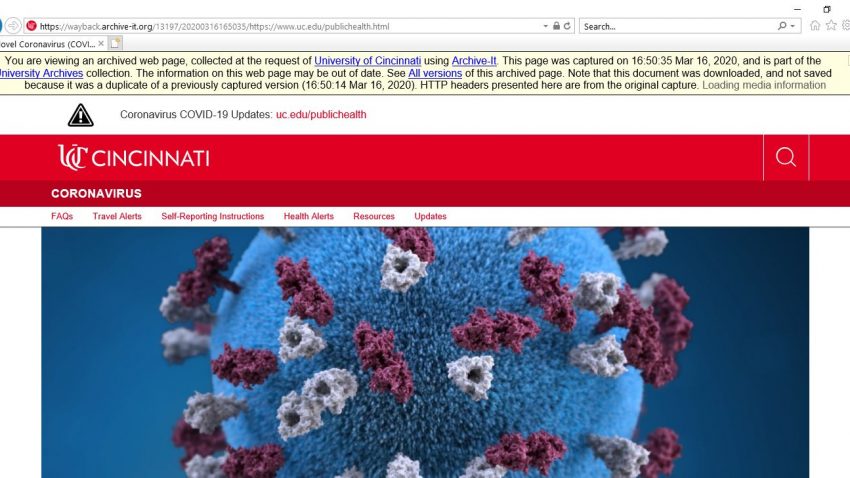

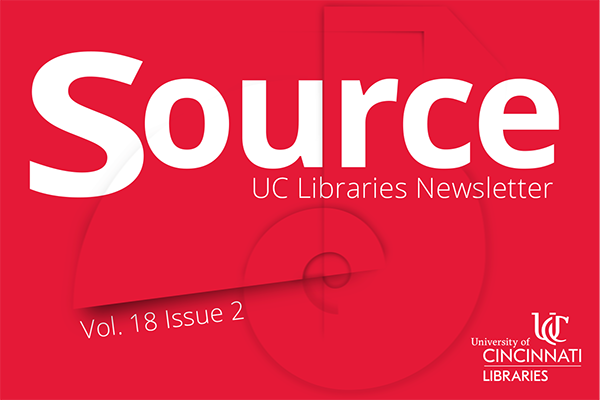 Read Source, the online newsletter, to learn more about the news, events, people and happenings in UC Libraries.
Read Source, the online newsletter, to learn more about the news, events, people and happenings in UC Libraries.